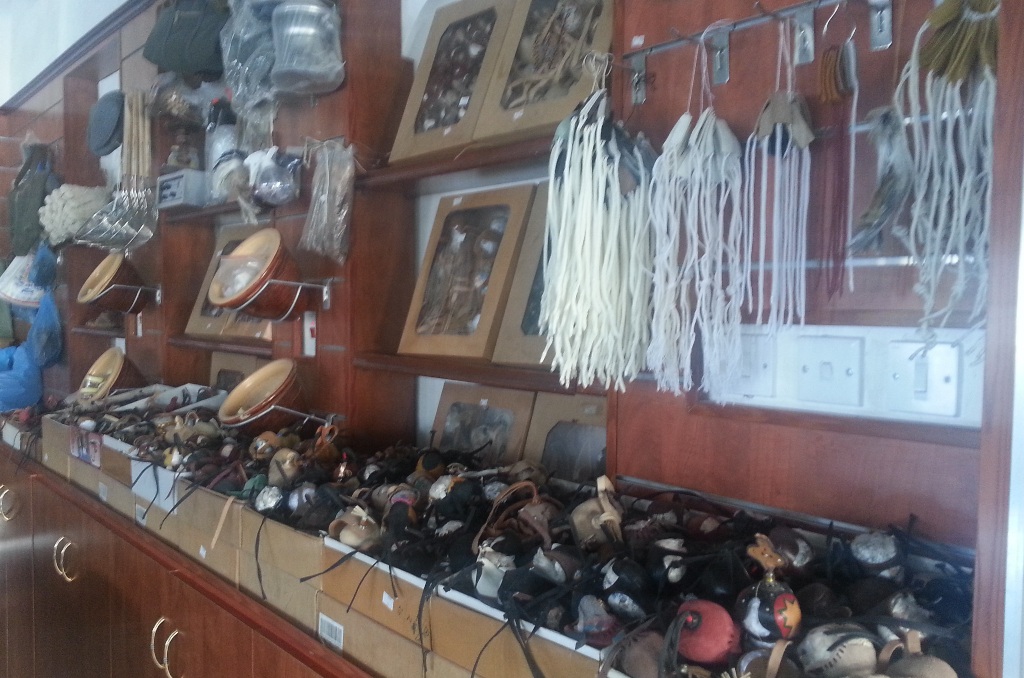
DOHA: As hunting season is just around the corner with the approaching winter, activities relating to falconry including trade and training of falcons have resumed in the country and Qataris are equipping their birds-of-prey for their favourite sport. With mercury going down, the activities at falcon market in Souq Waqif have gained pace after a long summer lull.
“The hunting season is near. Hence, import, selling and training of falcons have increased. Two exhibitions were recently held in Al Shamal and some are slated for coming weeks,” Riaz, a Pakistani expat employee of a falcon shop told The Peninsula.
He said that two auctions of falcons had also been held at the market last week and the number of customers had also increased manifold. Most of the shops at the market are selling peregrine and Saker falcons. “The price varies with every bird. It may start from as low as QR2000 and can cross QR2m,” a shopkeeper said, adding white falcons usually called “white Horr” in Qatar were always very rare and expensive.
The shopkeeper said that there was a marked sluggishness in business in summer. “Activities resume every year with the arrival of winter when hunting season starts and game birds migrate from Russia and Eastern Europe. Generally hunting starts in October and lasts until April,” he added.
Another trader said that not only the import and sale of falcons had increased but the demand for trainers for wild falcons was also on the rise. “Sometimes the trainers take a fixed fee for the service and sometimes, in case the falcon is set to take part in any contest, they strike a special deal with the falconer.”

Hamad Al Dosari, a Qatari national said that his pastime for birds and hunting had developed into a full-fledged business with the passage of time. “Using my experience and skills I buy birds from the market or in auctions; then sell them to falconers with a reasonable profit. At times I sell the wild falcons while others may dispose off the birds after giving them hunting training,” he added.
All the falcons in air-conditioned shops were wearing hoods. “Without hoods they turn aggressive and frightened and eventually get their feathers injured. Their price hinges upon their feathers. Therefore, we have to protect them from injuries and fractures,” said Dosari. “In summers, falcons just take rest on the sand in cool climate. No training, no hunting, no other job.”
Falcons at Sauq Waqif are imported from various parts of the world mainly from Iran, Pakistan, Spain and Mongolia. They are fed with meat or other small birds like sparrows and pigeons. “In Qatar, most falconers feed them with chicken legs,” said Dosari.
The Falcons Hospital at Souq Waqif treats ailing birds with dedicated services. From treating acute yeast infections to conducting surgeries, every medical service is available under one roof including a pathological lab. “The charges at the hospital are economical as it operates under government funding,” said a veterinary doctor.
Dosari said that as the winter was approaching there would be many exhibitions of falcons across the country. “In January, an international falcons contest will be held. The fastest falcon will be the winner,” said Dosari, adding that the event would be organised by Qatar Hunting Association. He said smaller contests and gatherings of falconers would start soon and continue until the end of winter.
Sikandar, another salesman from Peshawar, Pakistan, said that only wild falcons were presented for sale at auctions. “Bred falcons cannot be presented in auctions. There are around three breeding centres in Doha.”




